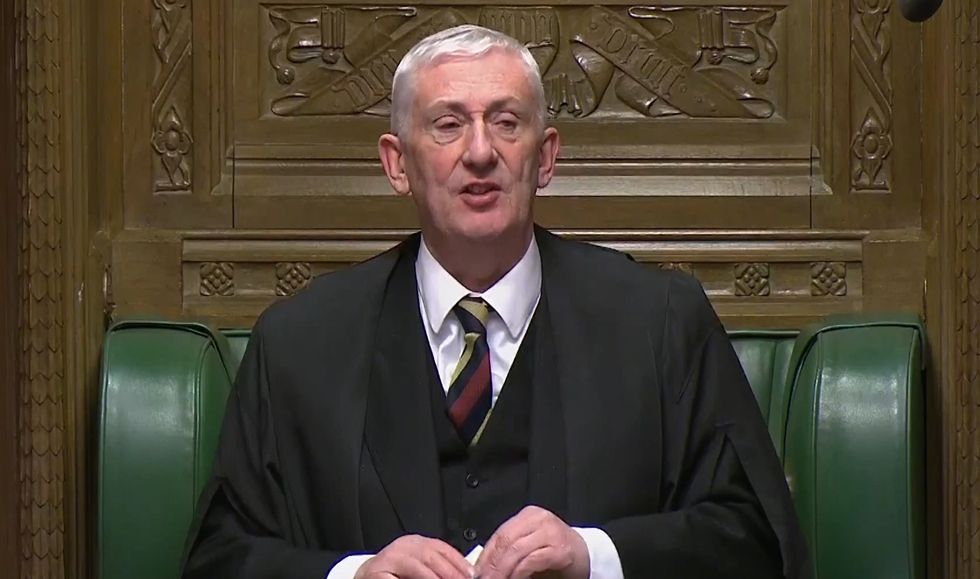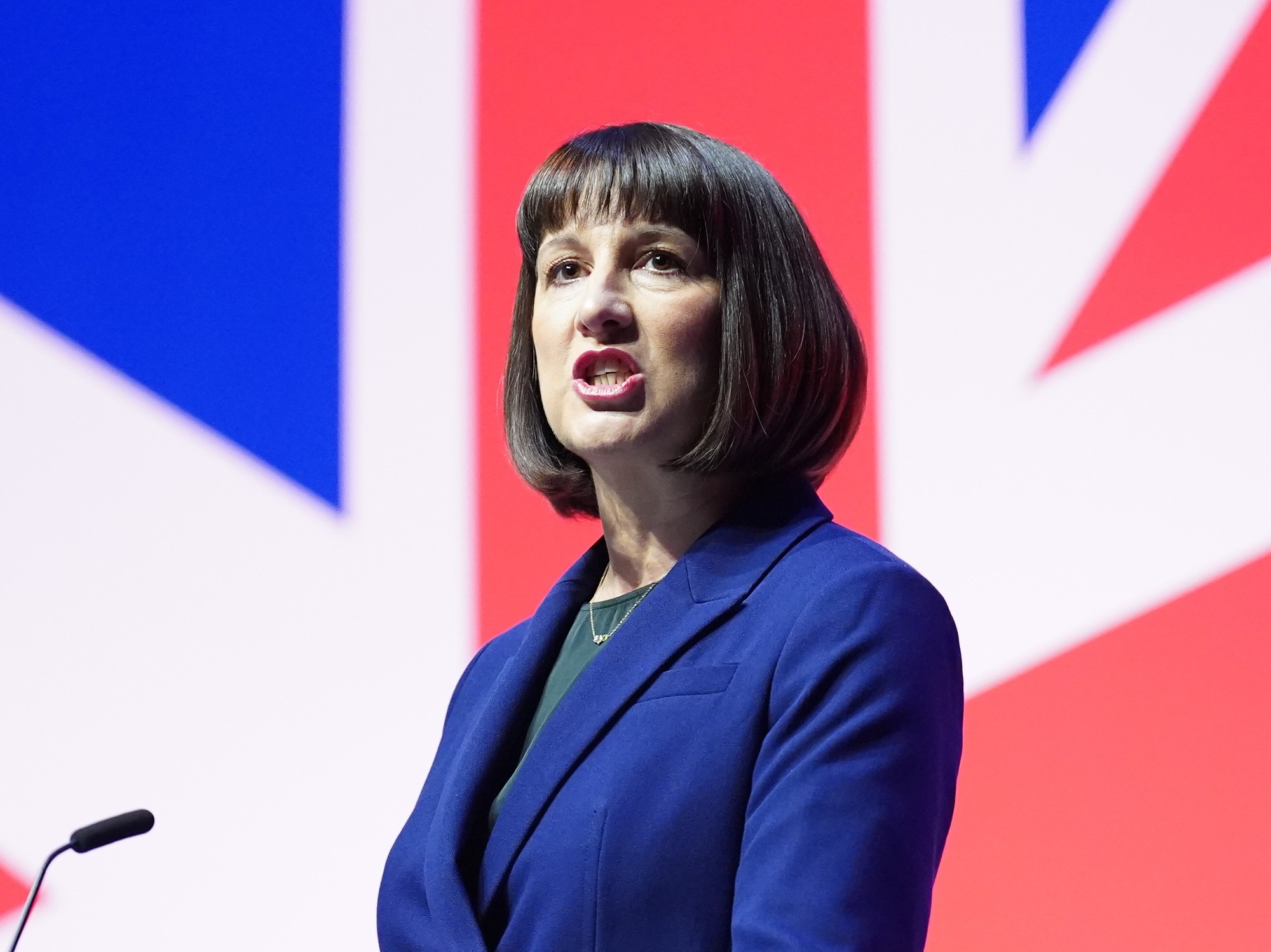More than 75 MPs have now signed an early day motion saying they have no confidence in the Commons Speaker
Don't Miss
Most Read
Trending on GB News
Lindsay Hoyle is under further pressure this week as the SNP is seeking a fresh vote on a ceasefire in Gaza.
The Commons Speaker faced calls to resign last week after he broke precedent by selecting a Labour amendment, along with a Government amendment, to an Opposition Day motion calling for a ceasefire in Gaza. Protocol dictates that the Commons Speaker would only select one of the amendments, and it is highly unusual for an opposition amendment to be selected.
A total of 77 MPs have now signed an early day motion saying they have no confidence in the Commons Speaker - more than 10 per cent of the House of Commons.
While the Government is not currently pushing for Hoyle to go, if the number of backbenchers signing the motion continues to rise it will raise fresh questions about Hoyle's ability to carry on in the role.

Lindsay Hoyle is under further pressure this week as the SNP is seeking a fresh vote on a ceasefire in Gaza
PA
The SNP is urging the Commons Speaker to hold a "rerun" of last week's chaotic debate on ending the Israel-Hamas conflict which saw MPs from the Tory Party and SNP storm out of the Commons.
The SNP wants the speaker to allow an emergency debate to hold another vote. But motions proposed under this process are typically neutral, aimed at "taking note" of an issue, meaning the SNP's proposed debate - which would explicitly call on the Government to call for a ceasefire in Gaza - would require a further breach of protocol.
Hoyle apologised to the House of Commons last week following a walkout by SNP and Tory MPs, saying it was never his “intent” for the Gaza debate to have descended into such mayhem.
He said: "Clearly today has not shown the House at its best. I’ll reflect on my part. I do not want it to have ended like this. I’ll meet with all the key players of each party."
He added that he wanted to offer MPs "the widest range of propositions on which to express a view".
But Stephen Flynn, the SNP's Westminster leader, did not seem to accept the apology, saying: "I will take significant convincing that your position is not now intolerable."
He later added: “Every single member of Parliament knows that Lindsay Hoyle was meeting with Sir Keir Starmer and Alan Campbell, the Labour Chief Whip, before a decision was taken today.
"Indeed it was suggested to me that was a reason the Speaker was jumping in and out of the Speaker’s chair in advance of proceedings, which will obviously all be on camera for everyone to reflect upon."
Hoyle's decision was taken against the advice of the Clerk of the House. Writing to Hoyle, Clerk of the House Tom Goldsmith warned that “long standing conventions are not being followed in this case”.
However, he acknowledged that Hoyle's decision was "motivated by giving the House what you considered to be the widest choice of decisions on alternative propositions, on a subject of immense importance, on which people outside of the House have the strongest of views".
The Speaker has been accused of bowing to pressure from Starmer to select the Labour amendment, an accusation both Labour and the Speaker have denied.
If the Labour amendment hadn't been selected, his MPs would have had to choose between voting for a Government amendment - which stops short of demanding a ceasefire - or rebelling to vote for the SNP motion.
The last time a vote took place on this issue, 10 members of his Shadow Cabinet were forced to quit.
The 10 Labour frontbenchers quit after they broke with the party line to vote for the SNP's amendment to the King's Speech calling for an immediate ceasefire in Israel and Gaza.
In an attempt to prevent dozens of his own MPs from rebelling to vote with the SNP on the motion, Starmer tabled an amendment which takes a similar position.









